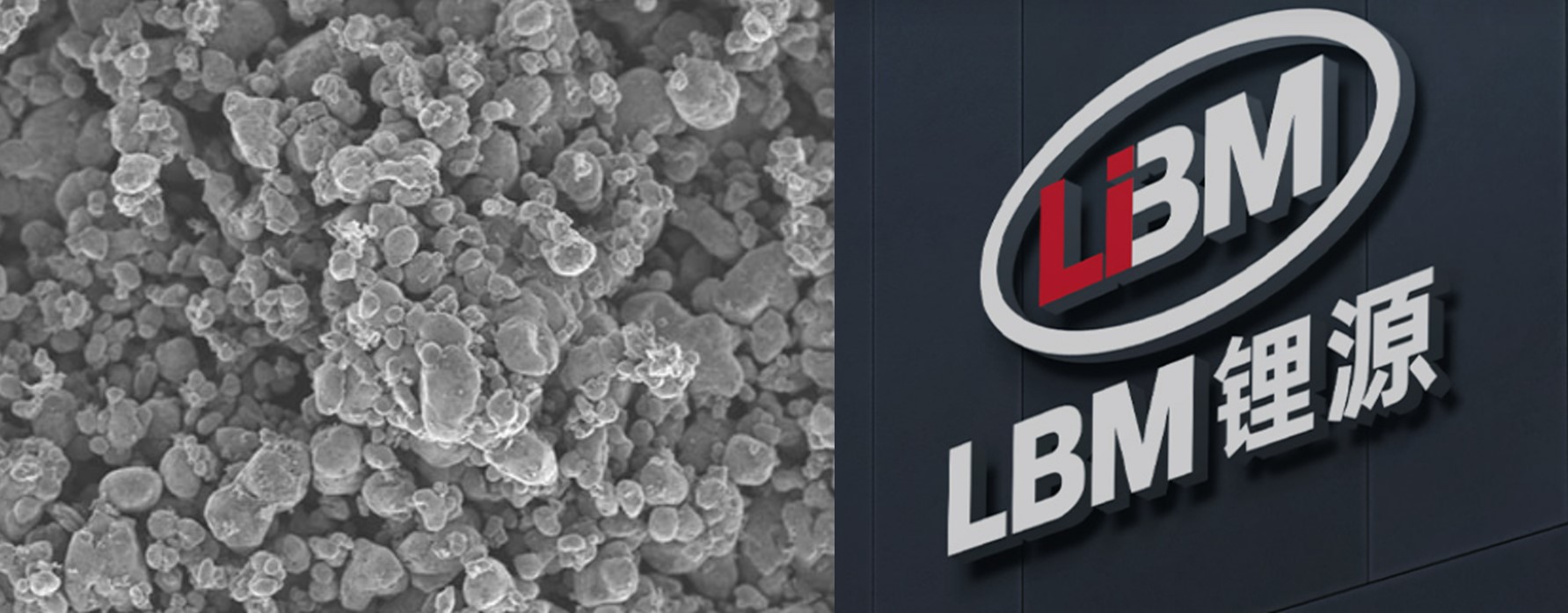Wright Electric, a global electric aircraft company headquartered in Malta, New York, recently announced that it has been awarded a contract by the U.S. Air Force to develop high power output rechargeable batteries.
Founded in 2016, Wright Electric is dedicated to the electrification of the aviation industry, developing ultra-lightweight motors and batteries for electric aircrafts with the goal of decarbonizing aviation and reducing its climate impact.
The company collaborates with leading organizations such as NASA, the Advanced Research Projects Agency–Energy (ARPA-E), and the U.S. Department of Defense. Earlier this year, Wright Electric also received a contract under the ARPA-E PROPEL-1K* program to develop lightweight batteries for transportation applications.
Wright Electric is committed to developing motors and batteries for industrial and defense-related customers. The recently announced contract is the first phase of the Small Business Innovation Research (SBIR) agreement with the U.S. Air Force AFWERX, exploring the feasibility of applying Wright Electric's high-output, rechargeable thermal batteries in multi-rotor unmanned aerial vehicles (UAVs), where high power output is essential.
Single-use batteries that operate at high temperatures, often referred to as thermal batteries, are utilized in a wide range of military equipment. Wright Electric aims to use additive manufacturing to quickly produce small quantities of rechargeable batteries as replacements for legacy thermal batteries, ensuring the resilience of the supply chain for critical defense components. "Our goal is not to advance an entirely new battery chemistry but to develop a process that allows us to do limited production runs of exotic batteries at a reasonable cost," said Dr. Aaron Rowe, Battery Engineering Manager at Wright Electric. "We will construct a production line that can rapidly adapt to our customers' needs."
In early October 2023, Wright Electric launched an electric aviation battery development program targeting the creation of battery packs with an ultra-high energy density of 1,000 watt-hours per kilogram (Wh/kg), suitable for electric aircraft with over 100 passengers and container ships, which is four times the energy density of the lithium ion batteries currently used in mainstream electric vehicles.
In February of this year, the ultra-high energy density aluminum battery and novel artificial intelligence electrolyte screening system, developed in collaboration with Columbia University, received a contract from the Advanced Research Projects Agency-Energy (ARPA-E) for the Pioneering Railroad, Oceanic, and Plane Electrification with 1K energy storage systems (PROPEL-1K). Wright's Automated Experimentation with Radical Electrochemical Systems (AERES) technology combines systematic screening with open-source hardware to rapidly screen electrolytes for these batteries.
It is reported that the initial battery packs from Wright Electric will be released for laboratory testing in 2025, with the first rollout of battery packs for actual applications in the aerospace and defense industries targeted for 2027.
Notes:
ARPA-E : The U.S. Department of Energy's Advanced Research Projects Agency-Energy:
PROPEL-1K : Pioneering Railroad, Oceanic, and Plane Electrification with 1K energy storage systems






